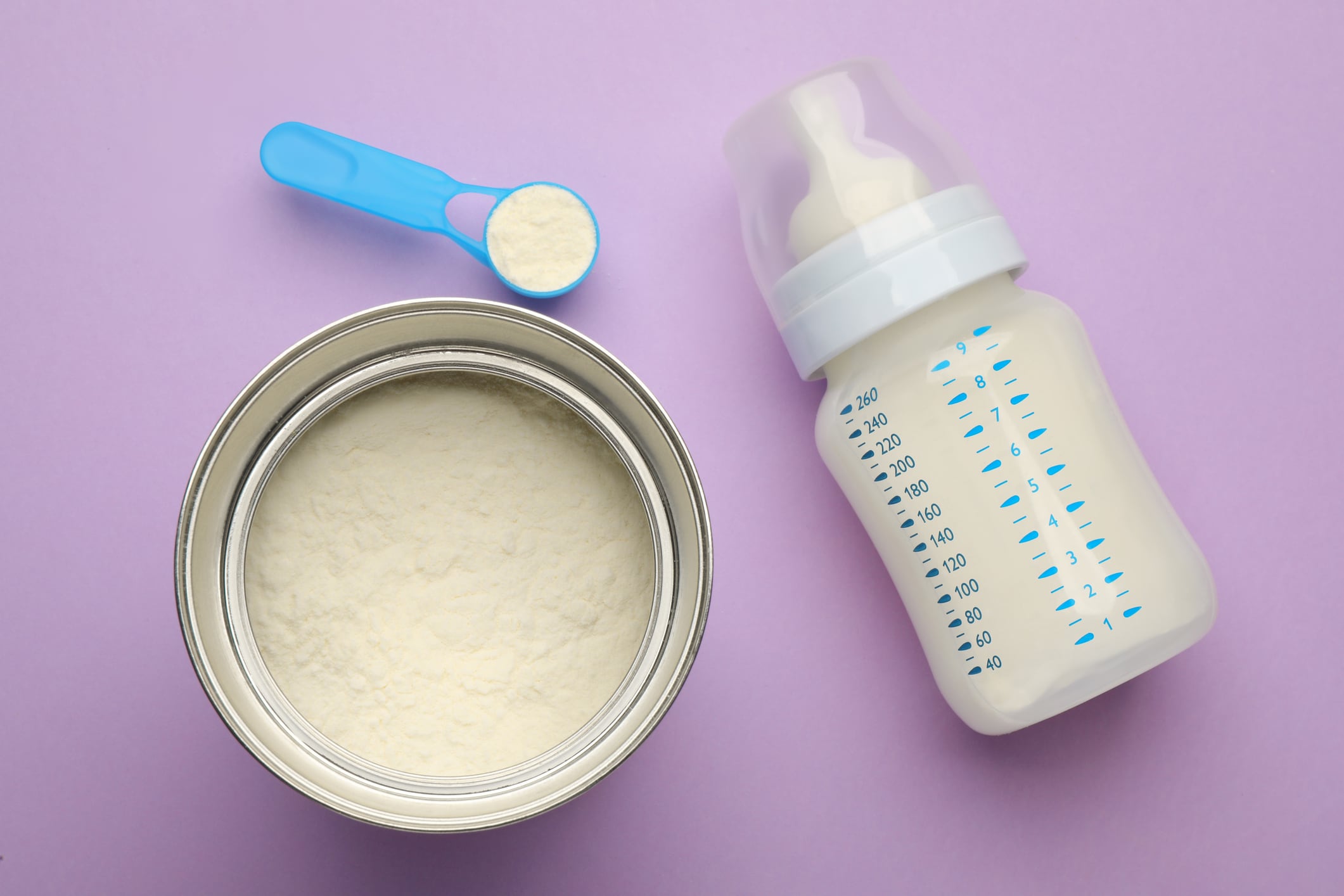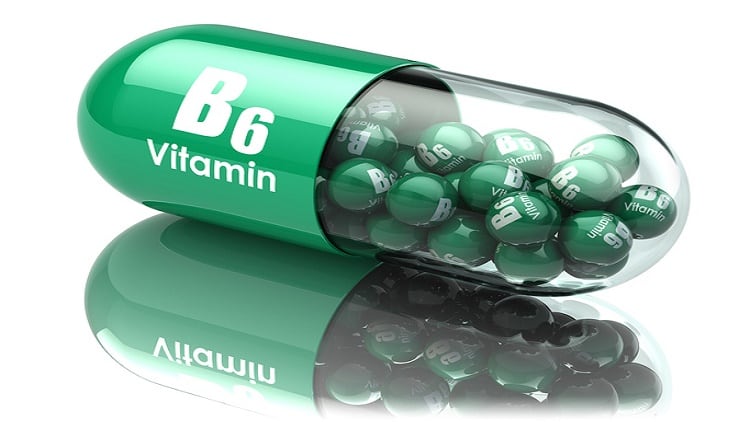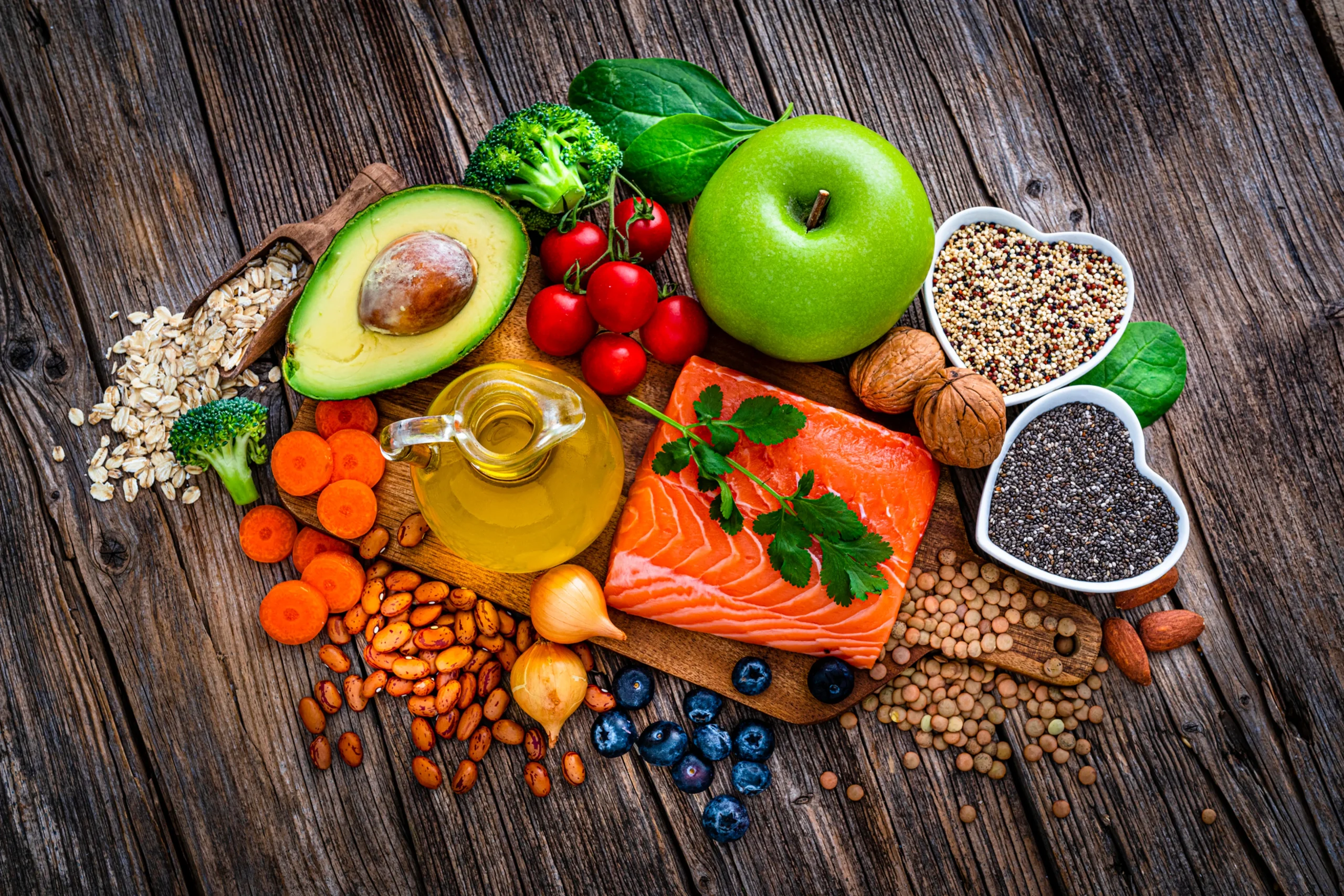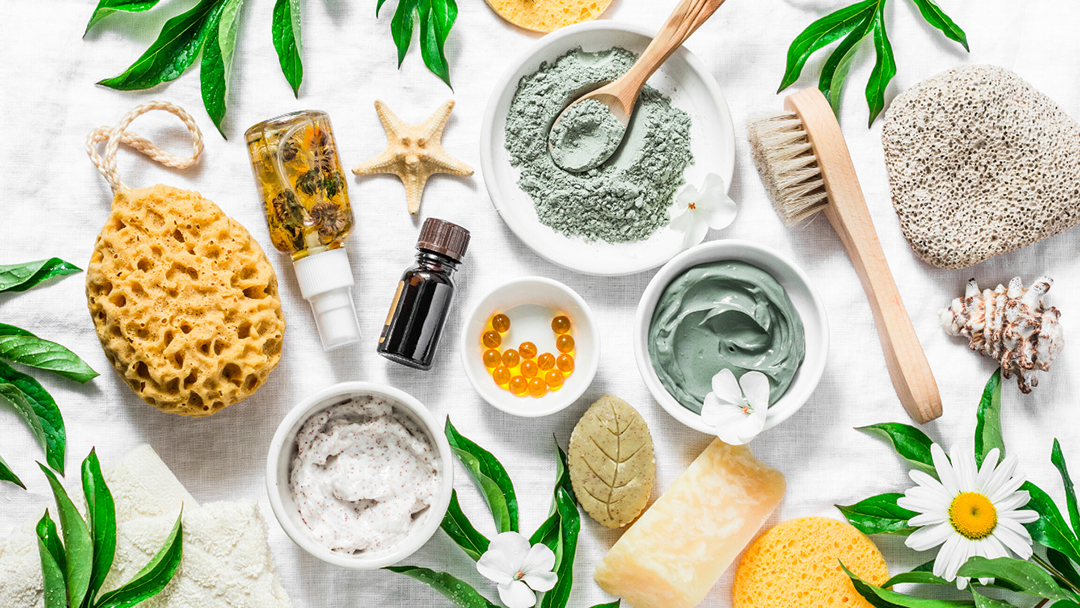Hydrolyzed milk protein for sleep, 7-OH ban in nutra regulatory round-up
South Korea’s Ministry of Food and Drug Safety (MFDS) is considering the approval of hydrolyzed milk protein as an ingredient for improving sleep quality.
The MFDS is gathering public feedback on the above until September 22.
Currently, hydrolyzed milk protein can only be used in health functional foods on an individual approval basis and make the claim “may help relieve stress-related tension.”
South Korea’s Ministry of Food and Drug Safety (MFDS) has reinforced an import ban on dietary supplements, jellies, and beverages containing 7-hydroxymitragynine (7-OH).
The regulator has also urged consumers to refrain from these products when doing cross-border e-commerce (CBEC) purchase.
The announcement came a week after the US FDA issued warning letters to companies for illegally marketing products containing concentrated 7-OH.
The Food Standards Australia New Zealand (FSANZ) has approved the use of milk fat globule membrane (MFGM) as a nutritive substance in infant formula products in Australia for the first time.
Sourced from bovine milk, the MFGM approved is produced by Arla Foods Ingredients and is commercially available under the name “Lacprodan MFGM-10″.
The company will enjoy 15 months of exclusivity in supplying MFGM for use in infant formula products in Australia.
Japan’s Foods with Function Claims (FFC) can now be formulated with methylsulfonylmethane (MSM) and make joint health claims.
MSM is widely used in dietary supplements brands in Japan.
However, this is the first time that MSM – specifically specialty ingredient manufacturer Balchem’s ingredient branded OptiMSM – has been allowed for use in FFC.
Over 100 vitamin B6 supplements could become “pharmacist-only” medicines in Australia by February 2027, the Therapeutic Goods Administration (TGA) announced.
The affected vitamin B6 supplements have a recommended daily dosage (RDD) of more than 50mg. A public consultation has been conducted on the issue and the final decision is pending.
As “pharmacist-only” medicines, these products would be regulated as Schedule 3 products and would only be available over the counter upon pharmacist advice.
Source link
Share this article:















